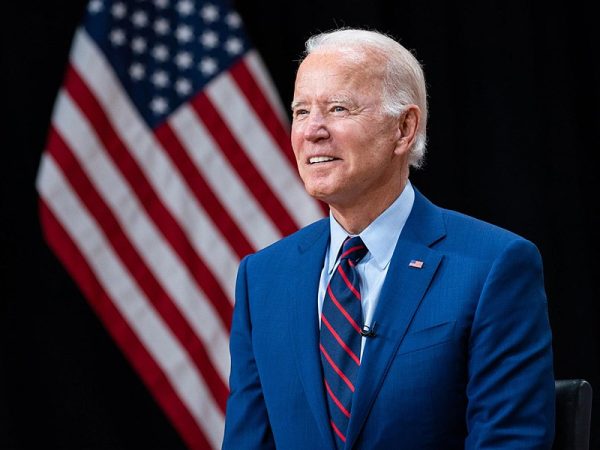Why we deal with primaries and caucuses
Thus far we have experienced the Iowa caucus and New Hampshire primary, with the Nevada (D) caucus and South Carolina (R) primary to follow on Saturday, Feb. 20.
The primary election serves to nominate one candidate from each party to represent that party in the general election. Simply put, it narrows the field. While a number of third parties exist in the United States, they typically have little success in the general elections.
Why are third parties not usually successful? In part it is a matter of absorption. If any third party differentiates itself enough on a particular issue to get noticed, that issue eventually becomes absorbed into the platforms of the two major parties, rendering the third obsolete.
In fact, the last president who was neither a Democrat or Republican was Millard Fillmore, a Whig, and he inherited the position from Zachary Taylor when Taylor died in office in 1850. In other words, he was not officially elected.
The caucus was originally the standard in American political primaries, but now only ten states use the system. Why did we switch to primaries? State governments run the primaries, and state parties run the caucuses. Someone has to pay for this process, and state parties do not want to foot the bill.
Primaries use a secret ballot system, as in the general election, while caucuses tend to be a raise your hand or split into groups sort of affair. As a result, caucuses tend to be one party affairs. In addition, due to the nature of the caucus system, absentee ballots are not recognized. This serves to disenfranchise the elderly, disabled and military personnel who may not be in-state at the time.
If you have seen the recent delegate tally between Bernie Sanders and Hillary Clinton, you will notice that, while Sanders maintains a lead in delegates, Clinton trumps Sanders 394 to 44 with the inclusion of superdelegates. While delegates generally must declare loyalty to a candidate, superdelegates are often elected officials, among others, who are not required to declare loyalty to a specific candidate. Superdelegates may support whomever they please when it comes time for the nominating convention. This ability allows those inside the party to play a big role in determining the next nominee.
Thus, we find current party leadership such as Secretary of State Hillary Clinton with substantial backing from important Democrats, giving her a leg up on Sanders during the nomination process. What this means is that Sanders could win the majority of elected delegates in the primary and still lose out to Clinton owing to the support of her superdelegates.
Basically, the people could vote Sanders in, and he could still lose the nomination. In fact, a candidate could go so far as to hold only 41.2 percent of elected delegates, and, permitting they secure 100 percent of the superdelegates, still secure the nomination.
If this has the distinct scent of bovine excrement to you, you do not need your nose checked. Democrats want to remain in control of the White House. As long as they see Clinton as their best chance to beat out the Republican nominee in the general election, Clinton will likely hold on to her superdelegates.
The Iowa caucus is pivotal in the presidential primaries, arguably since Jimmy Carter spent a huge amount of time there in his 1976 bid for the Democratic nomination. Much of this is because Iowa comes first. As a result, it serves as the first real litmus test of a candidate’s platform and how well it is received by the American public. In fact, no candidate finishing worse than third in Iowa has ever won the nomination. Months of polling data have accumulated beforehand, but the Iowa caucus and New Hampshire primary show a candidate’s real potential to party leadership. If you do not make a strong showing in Iowa or New Hampshire, going into Nevada and South Carolina you might begin to wonder whether you are simply wasting your money.
I feel inclined to point out how irresponsible it is that our first and arguably most influential primaries in Iowa and New Hampshire occur in states with 92.1 percent and 94 percent white populations respectively. This while the U.S. as a whole is 77.4 percent white.
If you have not voted before, do not let this discourage you. Quite the opposite. The office of President is unlike any other office. We do not elect a sheet of policies or a voting record in Congress, we elect a person. Find someone you believe in, and put them in the office of Roosevelt. Of Truman. Of Lincoln. Put them behind a desk built from the timbers of the ship Resolute. I write this on the verge of tears for a nation so young and so great. This is a privilege we have, to vote. Take it.




